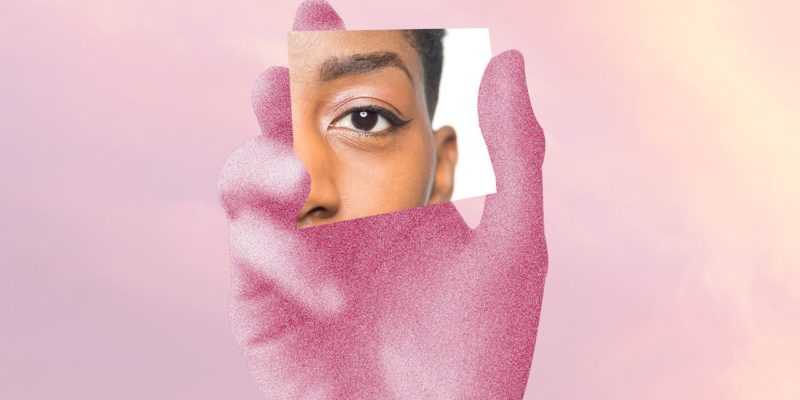
According to Carlsbad, California-based psychotherapist Melissa Lapides, the continuation of these patterns is unconscious, and they can’t be changed unless they are recognized. “It’s like we’re on autopilot. It’s not easy to step out of that traumatic lineage,” she says. “It really takes a lot of work. So you have to devote a portion of your life to healing that trauma. A lot of people don’t want to face what’s there.”
Another of my group members, Kate Delaney, is trying to instill a body-positive outlook and a healthy relationship with food in her 12-year-old daughter, Samara. She does this despite watching her own mother count calories and obsess over her weight, and more in the spirit of her grandmother, Mick, who modeled confidently and embraced her love of food. “My mom would be restrictive with calories, and Mick was the only woman I know who never apologized for eating something,” Delaney says. She recalls watching Mick walk down the street in a leopard-print bathing suit, much to the chagrin of other family members. “She never monitored anyone’s food, but my mother monitored hers. She’d say, ‘You’re using too much butter,’ and Mick would retaliate by buttering each little square of a waffle.”
Delaney, known in our group for her love of sour beer and her personal style (one of her favorite items is a thrifted Totoro skirt), does not hide her love of food from her daughter, and she doesn’t scrutinize her own weight or calorie intake. Lapides believes that exhibiting this level of comfort for a child is what can break the pattern cycle for the next generation. Changing these patterns is much more than simply changing your own mindset; it’s also about changing your energy around your children. “It takes a whole unwinding,” Lapides explains, “and then turning it around in a new direction. And it does take some serious willpower.”
For Ward, overcoming her insecurities has meant consciously adopting new beliefs. For one thing, she likes to tell herself that she is enough. “This bleeds over from my personal life into my career, because the entertainment industry always makes you ask, ‘Am I too this? Am I not enough of that? How can I adapt and shift to become who this casting director or producer or agent wants me to be?'” she says. Pushing back against those blockades has been freeing and empowering for her, and she shares that message whenever she can, hoping to inspire young girls to flourish instead of hiding themselves.
Healing from any trauma is a lifelong battle, and when society affirms and perpetuates beauty oppression, it makes it that much harder. “It is very challenging to heal from these wounds if the standards haven’t shifted or changed,” Mbilishaka says. Her recommendation? “Study yourself. Study what your hair can do, study all the styles you can achieve; study the ways to be healthy, your triggers, your love languages; study all those things for yourself that can then increase your emotional intelligence and your ability to cope with the stressors of the world. I always encourage thorough, full self-study.” This self-study, and a supportive, positive group of friends, can help you finally heal from that harmful cycle of aesthetic trauma.
Read more about health on Allure:
Now, watch Jenna Lyons’ gorgeous custom closet and bathroom tour: